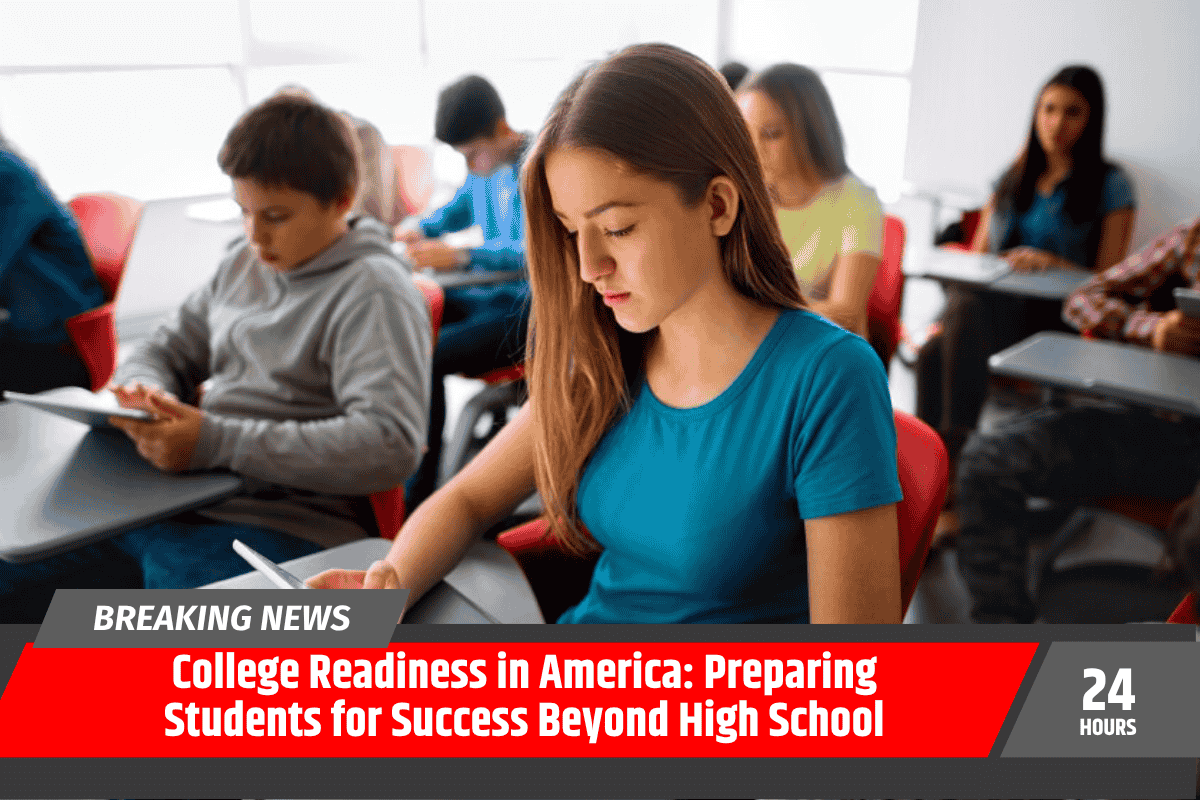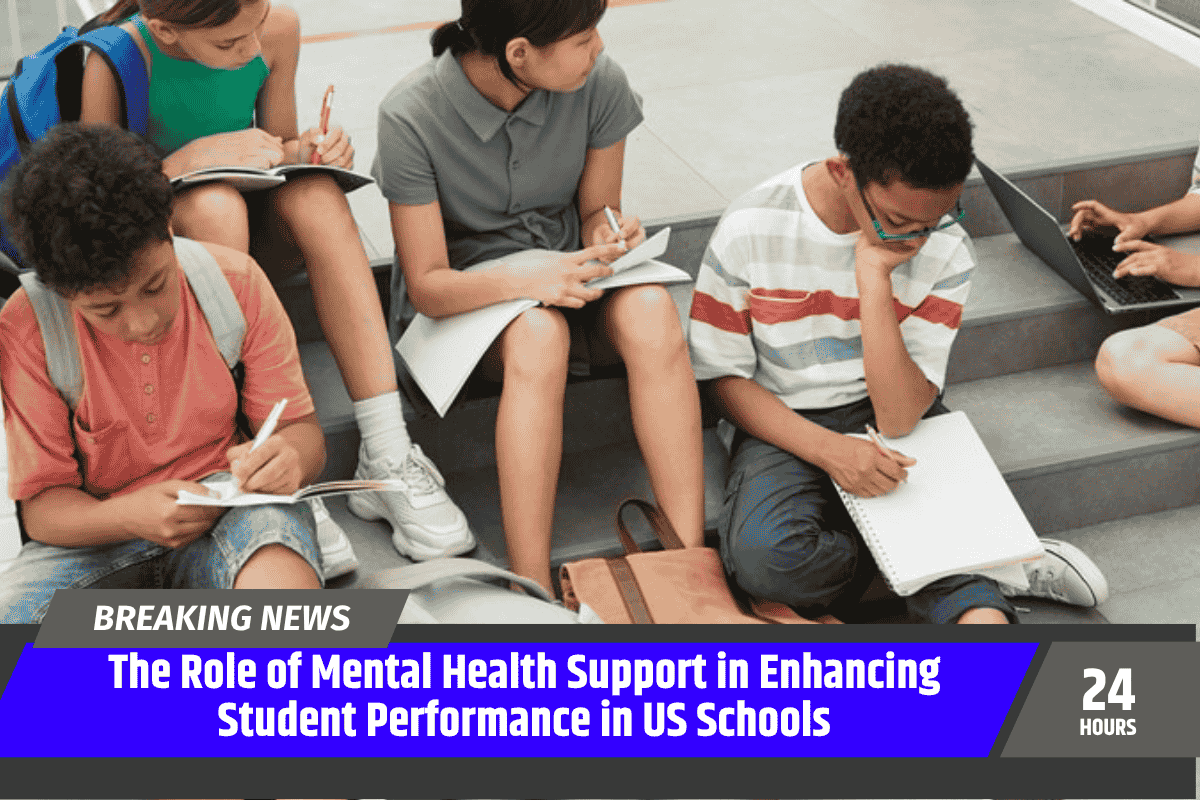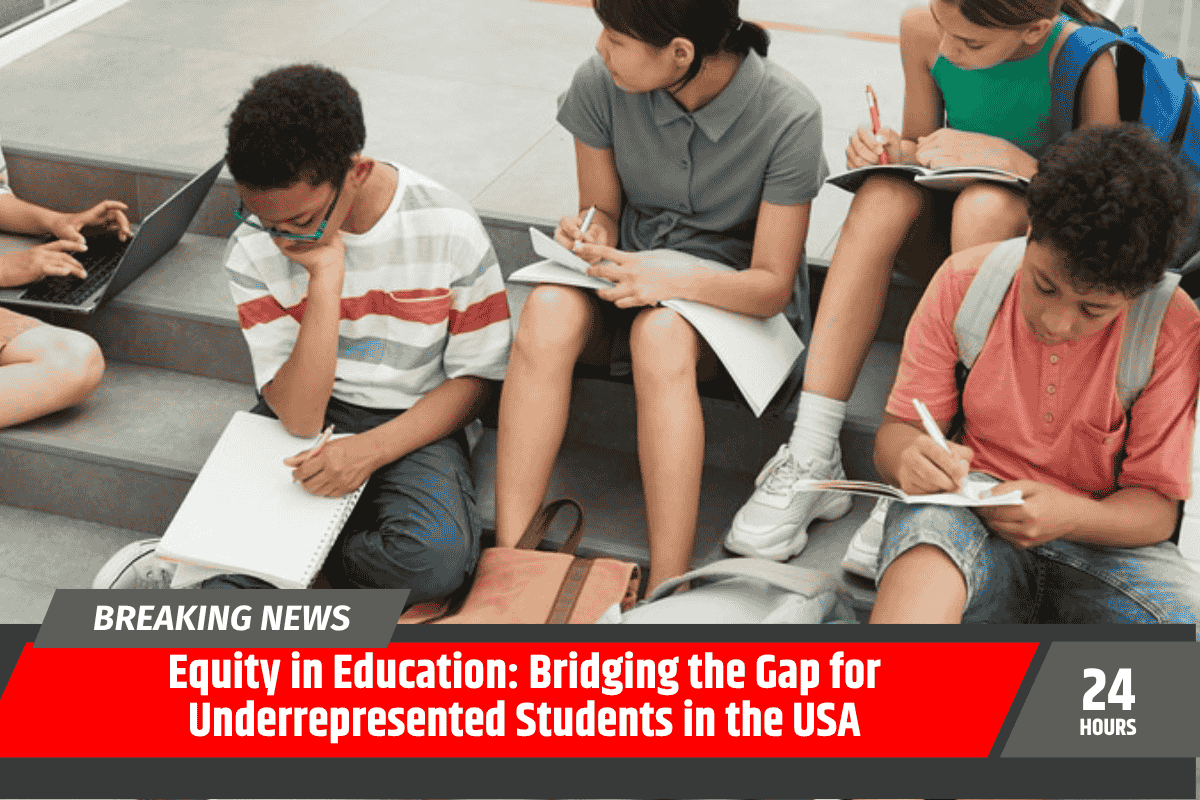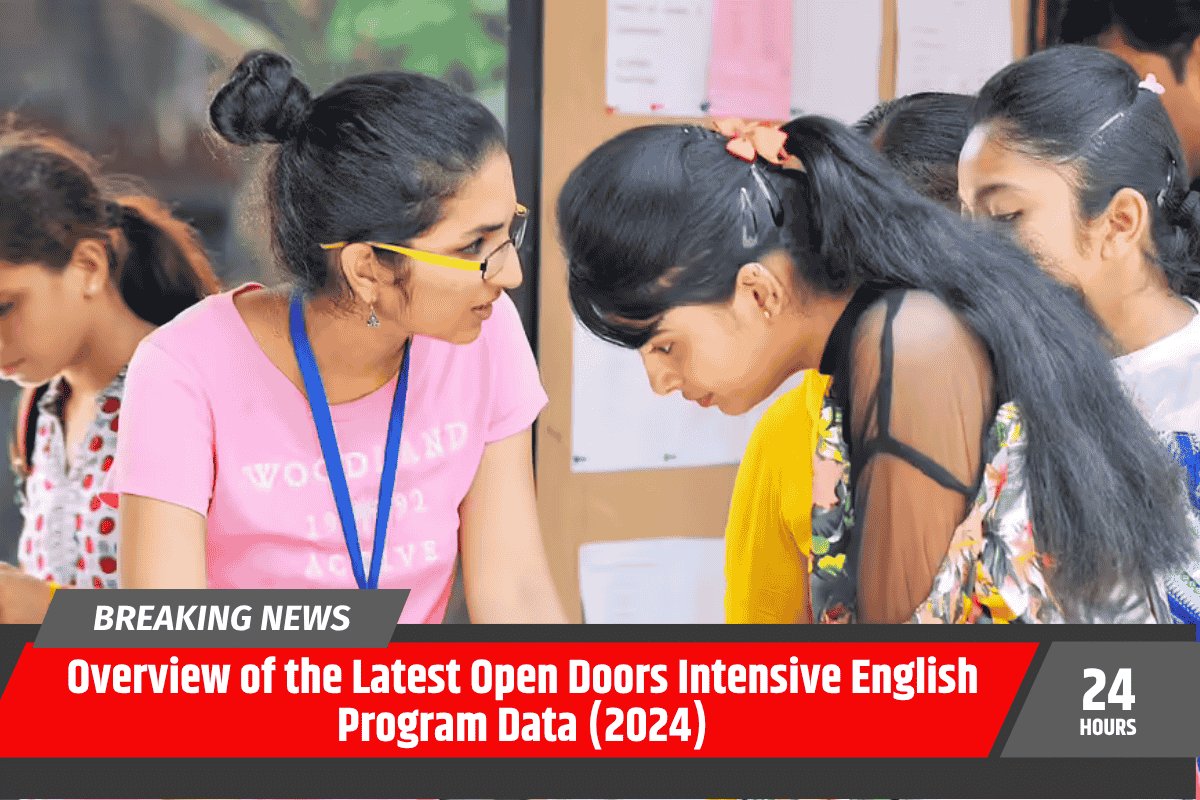As high school students approach graduation, the question of whether they are truly prepared for the challenges of college looms large. College readiness is not just about academic knowledge; it’s about having the necessary skills and mindset to succeed in the demanding environment of higher education.
In America, the concept of college readiness has evolved to encompass a variety of factors, including academics, life skills, and emotional resilience. Let’s dive into what it means to be college-ready and how schools, families, and students can work together to ensure success beyond high school.
The Growing Importance of College Readiness
In today’s competitive world, a college degree is often seen as the key to a better future. However, not all students are equally prepared for the challenges that await them in college.
Research has shown that many students, despite earning a high school diploma, struggle with the transition to college. This is why ensuring students are truly ready for college has become a crucial focus for educators, parents, and policymakers.
College readiness is more than just being able to handle the coursework; it’s also about preparing students to manage their time effectively, make decisions independently, and develop critical thinking skills.
These are all necessary skills for success in college and beyond. But with the increasing demands placed on students, how can they be better prepared for what lies ahead?
Key Aspects of College Readiness
Academic Preparedness
First and foremost, academic preparedness is a critical part of college readiness. Students need to be proficient in core subjects like mathematics, reading, and science, but they also need to possess higher-level thinking skills.
Colleges expect students to engage in more than just memorization; they want students who can analyze problems, think critically, and express themselves clearly in both writing and speech.
One of the most effective ways to ensure academic readiness is through rigorous coursework. Advanced Placement (AP) classes, International Baccalaureate (IB) programs, and dual enrollment opportunities are great ways to give students a taste of what college academics will be like.
These courses not only provide a challenge but also give students a chance to earn college credits while still in high school, making the transition smoother.
Social and Emotional Skills
In addition to academics, students must also be prepared for the social and emotional aspects of college life. Moving to a new environment, living away from home, and managing a new level of independence can be daunting for many young adults. Therefore, building social and emotional skills is just as important as academic preparation.
Students need to develop resilience and emotional intelligence to cope with the pressures of college. This includes learning how to manage stress, seek help when needed, and build supportive relationships.
Schools can play a role in this by teaching skills such as conflict resolution, time management, and self-advocacy. These skills will not only help students adjust to college life but will also serve them well throughout their careers and personal lives.
Financial Literacy
Another key aspect of college readiness that is often overlooked is financial literacy. Understanding how to manage money, budget effectively, and navigate financial aid options are essential skills for students planning to attend college.
Many students enter college without a clear understanding of how to manage the costs associated with tuition, books, and living expenses.
By providing students with basic financial education in high school, they can make better decisions regarding student loans, scholarships, and budgeting. This will help them avoid some of the financial stress that many students face once they get to college.
The Role of Schools, Families, and Communities
While the responsibility of preparing students for college readiness falls on many shoulders, schools, families, and communities all have an important role to play.
Schools
Schools must provide the resources and opportunities that allow students to thrive. Offering advanced coursework, career exploration programs, and counseling services can help students find their passions and strengthen their academic skills.
Additionally, schools should emphasize the importance of soft skills, like communication and collaboration, which are vital for success in college.
Families
Parents and guardians play a pivotal role in supporting their children’s college readiness. By maintaining open communication, setting expectations, and helping their children develop good study habits, families can set the foundation for college success.
Parents can also assist in navigating the college admissions process, understanding financial aid options, and encouraging their children to pursue extracurricular activities that align with their interests.
Communities
Local communities can further support students by providing mentorship, internships, and career exploration opportunities. Connecting students with local professionals can help them understand the real-world applications of their studies, which can increase their motivation and confidence in their academic abilities.
Ensuring college readiness is not a one-size-fits-all approach. Each student has unique needs and challenges, but with the right support, all students can be prepared for success in college.
By focusing on academics, social-emotional development, and financial literacy, schools, families, and communities can help students build the skills they need to succeed beyond high school.
The goal is to help students feel confident in their ability to tackle college-level coursework, manage their time and stress, and navigate the independence that comes with life after high school.
With the right preparation, every student has the potential to thrive in college and beyond, unlocking opportunities for a successful future.








